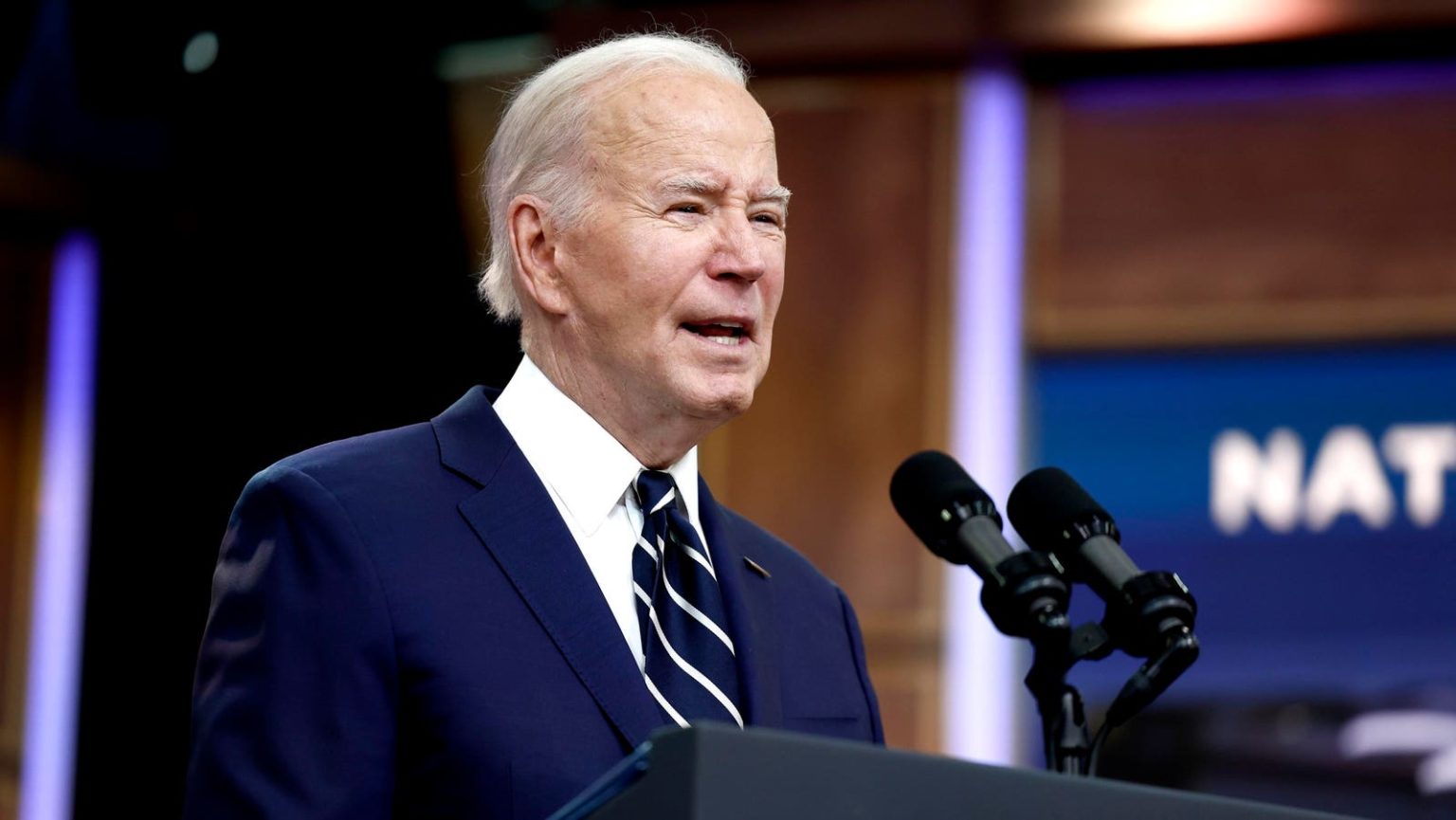A federal appeals court has extended an injunction on new Biden administration regulations for a student loan forgiveness program geared toward borrowers misled or defrauded by their school. The decision effectively extends a block that had been in place since last summer, leaving borrowers seeking relief under the program with uncertainty. This ongoing legal challenge to the Borrower Defense to Repayment program makes it highly likely that the new rules will ultimately be struck down.
The Borrower Defense to Repayment program aims to provide federal student loan forgiveness and other debt relief to borrowers who were harmed or misled by the school they attended. The program allows for relief if the school engaged in misconduct related to a federal loan or educational services that caused harm warranting a full discharge of applicable federal Direct Loans. The new regulations, enacted by the Biden administration last summer, overturn the Trump-era rules and make changes designed to broaden relief, such as complete student loan forgiveness, group discharges, and recourse against institutions for approved claims.
Despite the Biden administration’s approval of at least $22 billion in loan forgiveness for more than 1.3 million borrowers through Borrower Defense and other school-related discharges, a group of Texas-based schools filed a lawsuit to block the new regulations. The Fifth Circuit Court of Appeals issued an injunction in August to prevent the processing of student loan forgiveness applications under the new rules. The court’s recent decision further blocked the Biden administration’s regulations, suggesting they were likely to be overturned due to statutory and regulatory shortcomings.
With the Biden administration’s Borrower Defense rules blocked, the Education Department is prohibited from applying those regulations to pending applications. As a result, student loan forgiveness processing efforts for Borrower Defense applications have slowed or halted. If the Biden loan forgiveness rules are ultimately overturned, the program would largely revert to the Trump- and Obama-era regulations, potentially leaving some borrowers without relief. The Biden administration could try to rewrite the regulations a second time, but this process would likely take one to two years.
In addition to Borrower Defense, other student loan forgiveness programs, such as the SAVE plan and a new mass student loan forgiveness plan unveiled by President Biden, are facing legal challenges. The SAVE plan, which is a new income-driven repayment plan that can lower monthly payments and provide a path to loan forgiveness, is being challenged by Republican-led states. The new mass student loan forgiveness plan, which could benefit up to 30 million borrowers, is also likely to face legal challenges once it is implemented. These legal battles add further uncertainty for borrowers seeking relief from their student loans.













